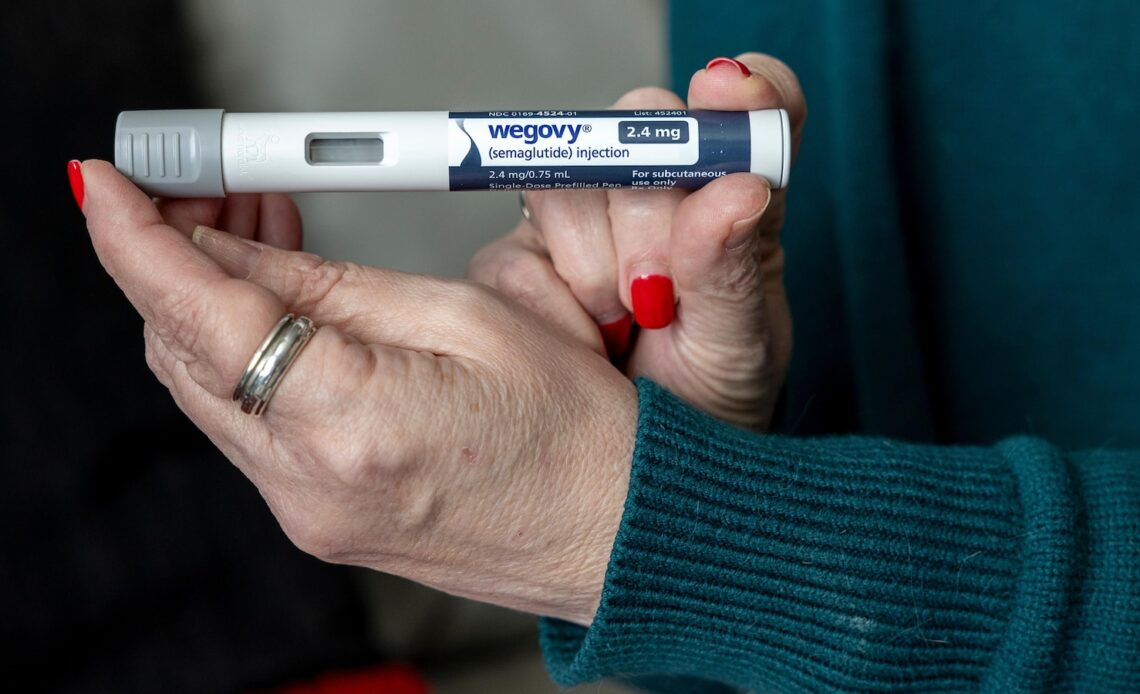Unlike scores of people who scrambled for the blockbuster drugs Ozempic and Wegovy to lose weight in recent years, Danielle Griffin had no trouble getting them.
The 38-year-old information technology worker from New Mexico had a prescription. Her pharmacy had the drugs in stock. And her health insurance covered all but $25 to $50 of the monthly cost.
For Griffin, the hardest part of using the new drugs wasn’t access. It was finding out that the much-hyped medications didn’t really work for her.
“I have been on Wegovy for a year and a half and have only lost 13 pounds,” said Griffin, who watches her diet, drinks plenty of water and exercises regularly. “I’ve done everything right with no success. It’s discouraging.”
In clinical trials, most participants taking Wegovy or Mounjaro to treat obesity lost an average of 15% to 22% of their body weight — up to 50 pounds or more in many cases. But roughly 10% to 15% of patients in those trials were “nonresponders” who lost less than 5% of their body weight.
Now that millions of people have used the drugs, several obesity experts told The Associated Press that perhaps 20% of patients — as many as 1 in 5 — may not respond well to the medications. It’s a little-known consequence of the obesity drug boom, according to doctors who caution eager patients not to expect one-size-fits-all results.
“It’s all about explaining that different people have different responses,” said Dr. Fatima Cody Stanford, an obesity expert at Massachusetts General Hospital
The drugs are known as GLP-1 receptor agonists because they mimic a hormone in the body known as glucagon-like peptide 1. Genetics, hormones and variability in how the brain regulates energy can all influence weight — and a person’s response to the drugs, Stanford said. Medical conditions such as sleep apnea can prevent weight loss, as can certain common medications, such as antidepressants, steroids and contraceptives.
“This is a disease that stems from the brain,” said Stanford. “The dysfunction may not be the same” from patient to patient.
Despite such cautions, patients are often upset when they start getting the weekly injections but the numbers on the scale barely budge.
“It can be devastating,” said Dr. Katherine Saunders, an obesity expert at Weill Cornell Medicine and co-founder of the obesity treatment company FlyteHealth. “With such high expectations, there’s so much room for disappointment.”
That was the case for…
Click Here to Read the Full Original Article at ABC News: Business…

